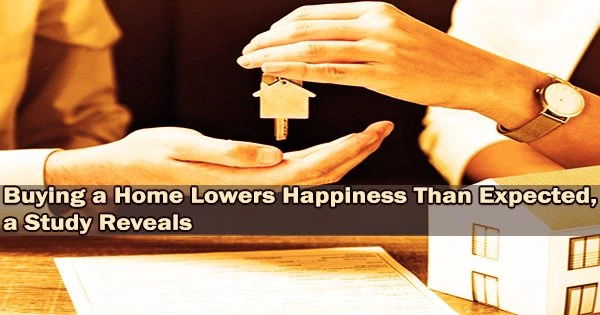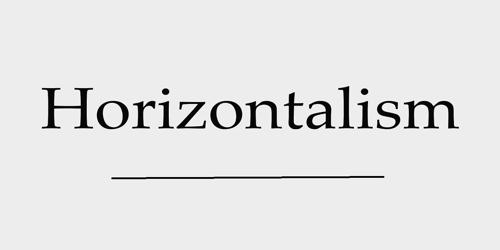We struggle to accurately estimate what will make us joyful. That is one result of a Basel economists’ study. They looked into how home ownership affected people’s quality of life. Happiness did not increase as much as people had anticipated.
The motivations for home ownership may vary a large yard, greater space, or the acclaim of family and friends but the final goal remains the same: it’s meant to be an investment in happiness.
Prof. Dr. Alois Stutzer and Dr. Reto Odermatt of the University of Basel’s Faculty of Business and Economics examined whether home-buyers’ expected increase in life satisfaction actually materialized following their move into their own four walls. Their results are outlined in the Journal of Happiness Studies.
The statements of more than 800 aspiring German homeowners as recorded in the German Socio-Economic Pales (GSOEP) were examined by the writers. The collection includes data on people’s life satisfaction expectations and experiences.
Respondents were asked to rate their current level of happiness on a scale of 0 to 10 and to project where they would land on the scale in five years. The findings showed that owning a home does, in fact, boost happiness, but not to the degree anticipated by the prospective homeowners themselves.
It turned out that status-oriented people in particular, for whom money and success were especially important, overestimated the increase in life satisfaction that purchasing a home would provide. Intrinsically-oriented people, on the other hand, for whom family and friends are comparatively more important, did not.
Status-consciousness inflates optimism
The questions about future life satisfaction were asked between three months before and up to a year after moving so order to coincide with the participants’ awareness of what their new residences would look like. This made sure that the adaption effect would not yet have taken hold and that participants would have specific ideas of what their new residences would be like.
“Adaptation has a relativizing effect on life satisfaction. People generally anticipate it, but they underestimate it,” Reto Odermatt observes. “When predicting future life satisfaction after moving into their own homes, on the other hand, people seem to disregard adaptation entirely.”
Accordingly, participants overestimated the medium-term added value of homeownership.
However, there were differences between participants: “It turned out that status-oriented people in particular, for whom money and success were especially important, overestimated the increase in life satisfaction that purchasing a home would provide. Intrinsically-oriented people, on the other hand, for whom family and friends are comparatively more important, did not,” the researcher noted.
This emphasizes the fact that people may have mistaken perceptions about their preferences rather than their actual preferences when making judgments. These views may then be impacted by extraneous elements like socialization, parental guidance, or the ideals presented in commercials.
According to Odermatt, having a better understanding of how these variables affect people’s individual perceptions and, consequently, their decisions, could be politically useful to counteract manipulation from, for example, commercial interests.
We don’t necessarily know what is good for us
“In economics we generally assume consumer sovereignty. In other words, that we know what’s good for us.” This study, however, shows that people may wrongly estimate the happiness factor of a decision, thereby not acting in their best interest.
It is worthwhile to consider one’s values, especially prior to making significant decisions, in order to resist this inclination.
“Material values tend to be overestimated and often lead to incorrect prognoses. Intrinsic values therefore seem to be a better compass on the search for happiness in life than extrinsic values,” the economist concludes.
















